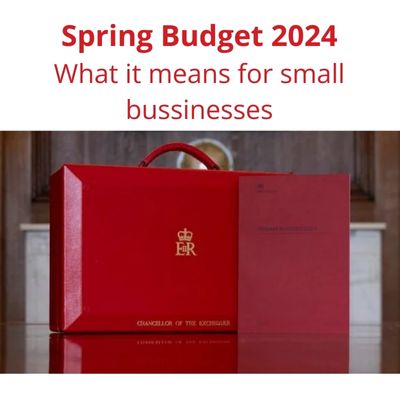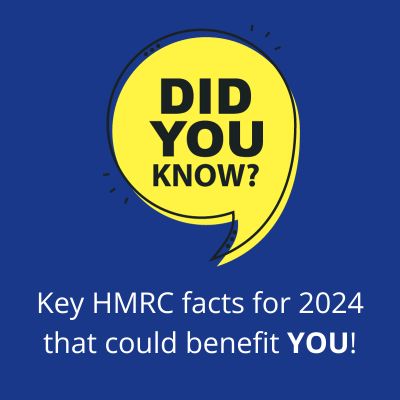New VAT Penalties Regime
Is your business VAT registered? The way that HMRC deals with late VAT returns and payments is changing. The new rules will apply to all VAT periods starting on or after 1st January 2023 and will apply to all VAT-registered businesses, even if they are submitting a nil return or a repayment return and have nothing to pay.
Late submission of VAT returns
A penalty point scheme has been introduced for late submission of VAT returns. For each return submitted after the deadline, one penalty point will be incurred. Once the number of points reaches a specified threshold, the business will receive a fixed penalty of £200. The points threshold varies according to the VAT accounting period – where a business submits returns monthly, the threshold is 5 points; for quarterly returns, 4 points, and for annual returns, 2 points.
For as long as the business remains at this threshold, any subsequent late returns will also incur the £200 fine. The good news is that the points will expire – where a business has fewer than the maximum number of points, each point will automatically expire after around two years (depending on the exact deadline for your VAT return).
Where a business has reached the maximum number of points, there are two conditions that must be met to remove all penalty points. Firstly, it must demonstrate compliance for a defined period (6 months for monthly returns, 12 months for quarterly returns and 24 months for annual returns). For example, a business with quarterly returns must submit all 4 VAT returns on time during the compliance period; HMRC gives instructions to calculate the start date for the compliance period in relation to the last missed submission deadline. Secondly, the business must ensure that all outstanding returns have been submitted for the previous 2 years (which includes the compliance period).
Late payment of VAT returns
Late payments of VAT will attract both penalties and interest charges. No penalty will be charged for payment made within 15 days of the due date but after this, penalties will be charged on the amount outstanding at and from 31 days onward, a daily penalty will be charged:
- Payment between 16 and 30 days overdue: a first late payment penalty will be calculated at 2% of the VAT the business owes at day 15
- Payment 31 days or more overdue: a larger first late payment penalty will be calculated at 2% of the VAT still outstanding at 30 days and charged in addition to the 2% calculated on the day 15 balance. A second late payment penalty will also be charged, calculated at a daily rate of 4% per year on the outstanding balance. This will be charged every day from day 31 until the balance is paid in full.
Interest will be charged on late payments from the due date until the amount has been paid in full. This will be calculated at the Bank of England base rate plus 2.5%.
To give businesses time to adapt to the new regime, HMRC has confirmed that the first late payment penalty will not be charged on payments made between 16 and 30 days for another year, until after 31 December 2023.
As before, if you cannot afford to pay your VAT bill, it is best to call HMRC to ask for a ‘Time to Pay’ arrangement, thereby avoiding or reducing the late payment penalties. If you do this before 15 days overdue, then no penalties will be charged. Paying part of a VAT bill, even if you cannot afford to pay it all, will also reduce the interest and the balance on which the penalties are calculated.
You will be able view penalties in your VAT online account and will be also able to appeal any points you believe have been awarded unfairly.
Further information
HMRC has provided clear guidance to the new regime on their website: https://www.gov.uk/government/collections/vat-penalties-and-interest This includes worked examples relating to all aspects of the new penalty regime and pre-recorded webinars to explain in more detail.
For more infhttps://www.anotheranswer.co.uk/contact-us/ormation on Time to Pay arrangements: https://www.gov.uk/difficulties-paying-hmrc
For any more information please get in touch.





